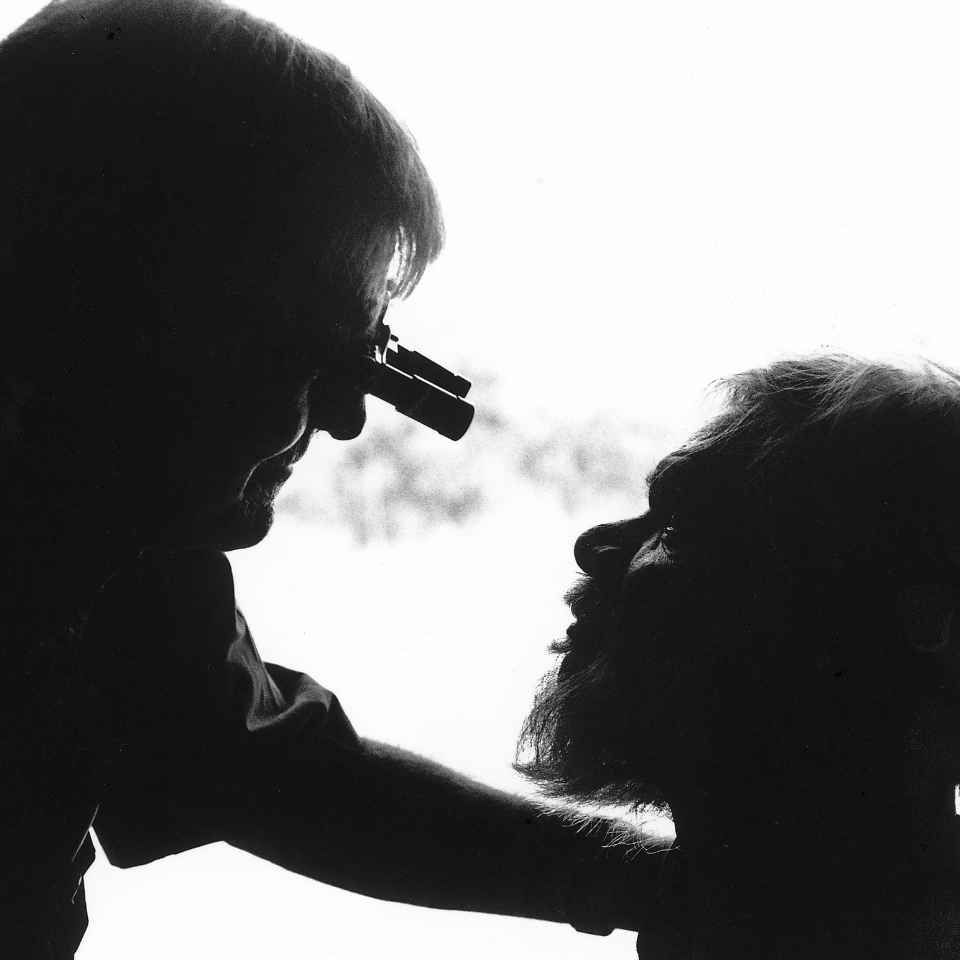Koori Knockout raises eye health awareness among thousands on World Sight Day
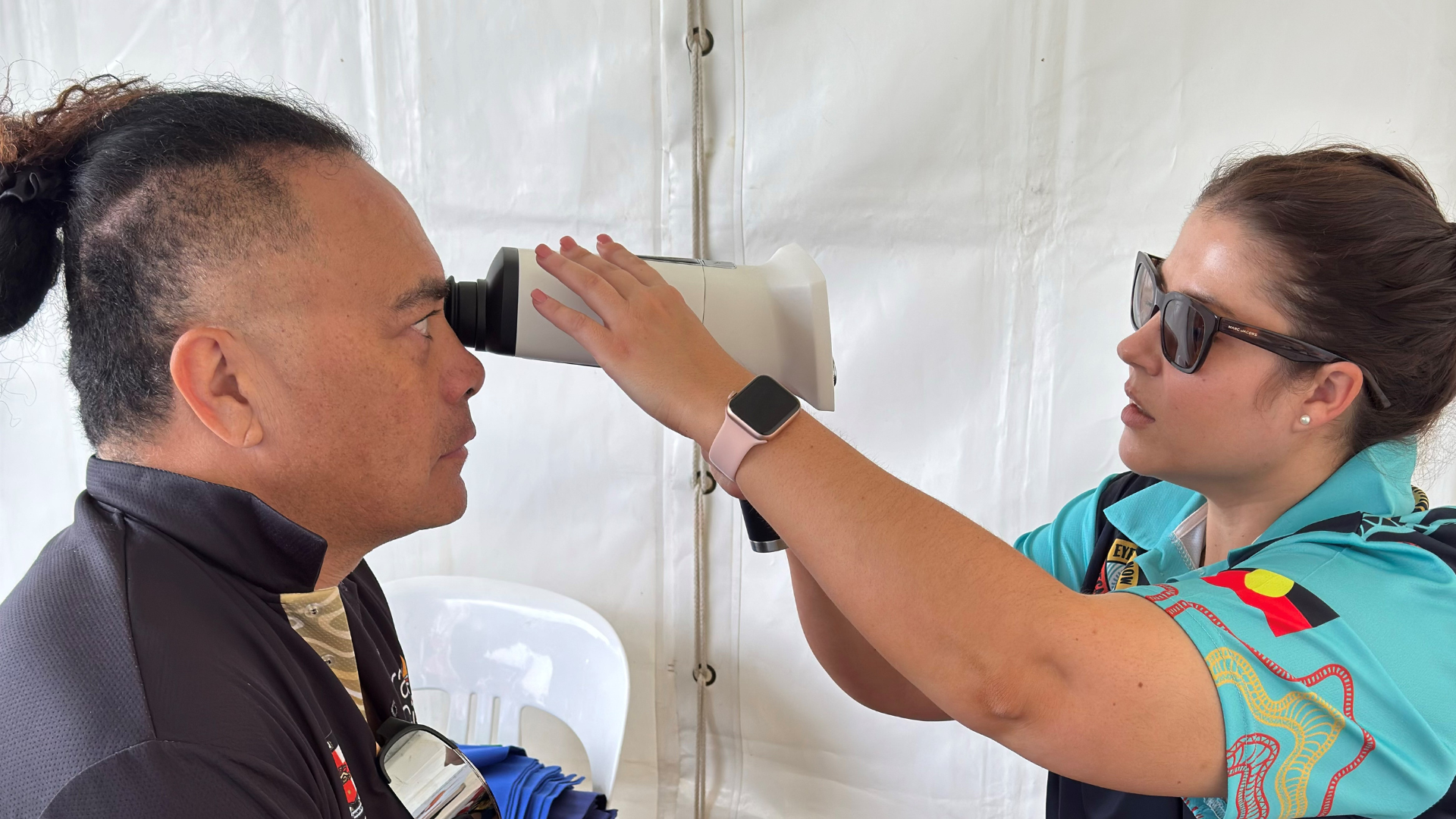
World Sight Day shines a spotlight on the importance of eye care, especially for young people. This year, the Koori Knockout in Bathurst, NSW — one of the largest annual gatherings of Indigenous peoples in the southern hemisphere — served as an ideal platform for raising awareness about eye health. The rugby league carnival attracted over 60,000 attendees over its four-day duration.
A dedicated team of Indigenous health workers, led by Jessica Rae, the Regional Implementation Project Officer for the Western NSW Eye Health Partnership, was on hand to provide crucial information. They were joined by Kieran Stewart from the Wellington Aboriginal Community Health Service, Ebony Hay from the Orange Aboriginal Medical Service, and Monica Britt and Jason Newman from the Bila Muuji Aboriginal Corporation Health Service.
Jess highlighted the significance of the event, stating, “We can’t focus solely on eye health without considering the whole person. Events like this create opportunities to connect with the community, fostering trust and open conversations about conditions like diabetic retinopathy. We’ve been able to engage attendees in meaningful discussions and offer opportunistic care and eye health promotion. We’re proud to serve such a large group of First Nations people on behalf of the Western NSW Eye Health Partnership.”
At their booth, health workers provided essential information about eye health and diabetic eye disease. Using a portable retinal camera loaned by the Brien Holden Foundation, they conducted on-the-spot screenings for diabetic retinopathy, allowing attendees to receive immediate assessments.
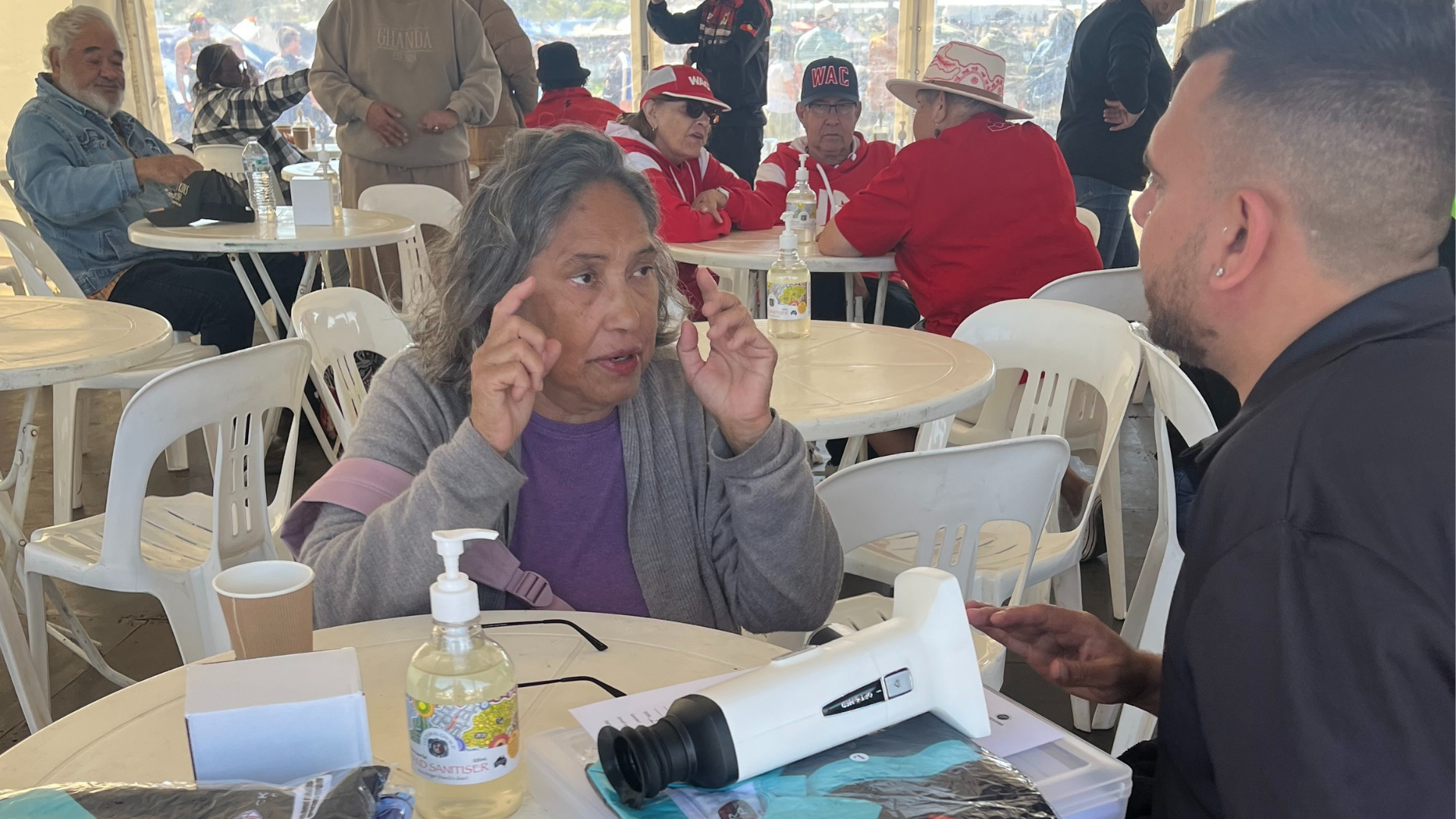
The team also took the opportunity to train Ebony Hay and Kieran Stewart on the portable retinal camera, empowering them to utilise their new skills within their respective Aboriginal Community Controlled Health Services. Reflecting on her training, Ebony expressed her excitement: “Learning to use the new camera was an amazing experience. I can now take these skills home and put them into practice.”
This initiative received support from The Fred Hollows Foundation and the Rural Doctors Network, as part of the Western NSW Eye Health Partnership. Educational materials were provided by Melbourne University’s Indigenous Eye Health Unit, including popular eye health promotion shirts that attendees embraced.
Indigenous Australians face a higher risk of diabetes and related vision impairment, with rates significantly surpassing those of non-Indigenous Australians. The Koori Knockout provided a unique platform for vital health conversations, enabling health professionals to engage with community members at higher risk for diabetic eye complications.
The team also reached out to Elders by visiting the Elders tent on the third and fourth days of the knockout, ensuring those who couldn’t access the main event areas still had access to eye health information and screenings.
One attendee, Aunty Caroline, had not undergone an eye test in over two years. Initially nervous about the retinal imaging process, she found reassurance in Stewart’s supportive approach. After the screening, she expressed relief, noting, “It was much easier than I thought. I don’t like cameras in my eyes; I thought it would hurt.”
“Our conversations with the Elders were a privilege,” Stewart remarked. “We discussed important topics such as cataracts, the need for regular eye checks, and diabetic eye disease, facilitating referrals to optometrists for those requiring further evaluation.”
Related articles
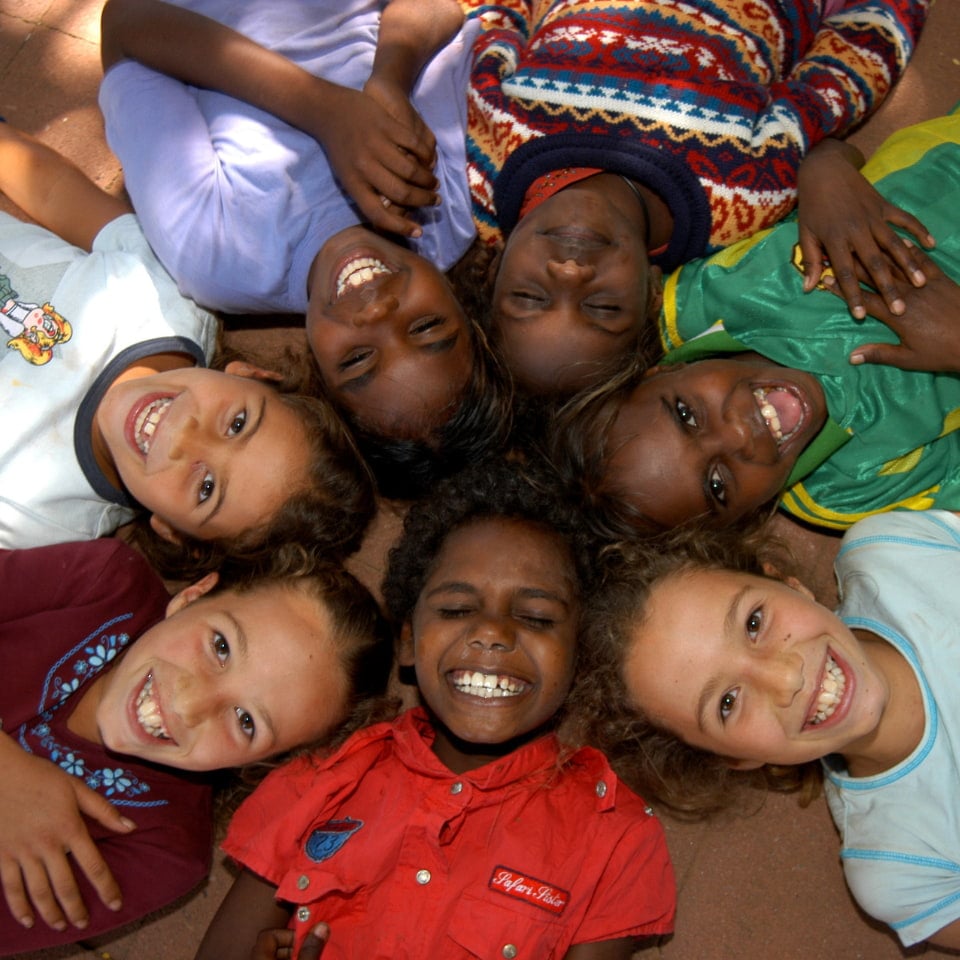
5 Things You Can Do To Close The Gap
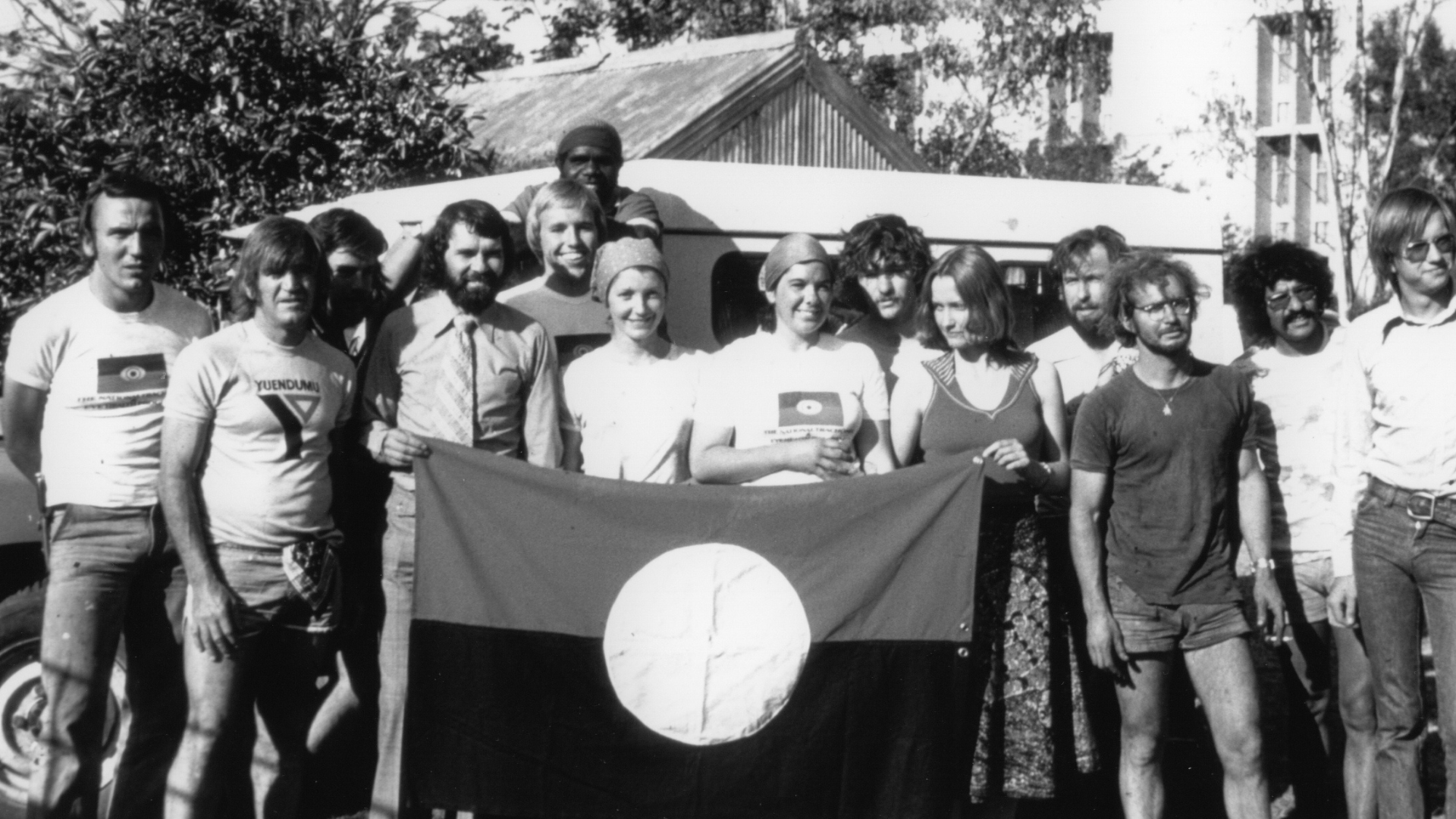
How to be an ally to Aboriginal and Torres Strait Islander Peoples
